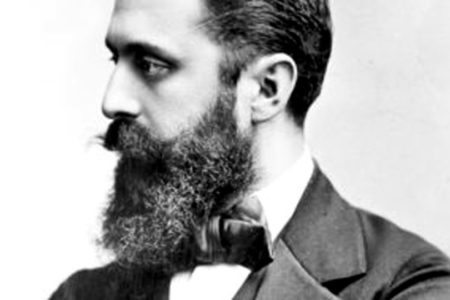Eye on the Middle East Mar/Apr 2004
Last December thousands of Palestinians flocked to the home of a family whose newborn son caused a sensation. Muslims are revering the boy as the “miracle baby” of Bethlehem.
The designation was given because of an unusual birthmark on the infant’s cheek. According to devout Muslims in the town, the birthmark forms the Arabic letters of the name of an uncle, a Hamas militant. Security sources say the baby’s uncle, who was shot dead several months ago, was suspected of masterminding a suicide bombing that killed twelve people on a bus in Jerusalem in November 2002.
The birthmark was immediately interpreted as a message of divine support for the Palestinians. The child’s grandmother called it a sign “the soldiers can kill our sons but not our spirit.” A local Muslim imam traced a finger over the birthmark, which ends behind the baby’s right ear, and pronounced it “a gift from God.”
Muslims further noted that the baby was born on the twenty-seventh day of their holy month of Ramadan, revered as the night the Qur’an was revealed to the prophet Muhammad.
How interesting that in the little town where the true Miracle Baby of Bethlehem was born two thousand years ago, Muslims are laying claim to their own “miracle baby.” Will Bethlehem become the place of annual December pilgrimages by Muslims? Perhaps not. But it is difficult to disregard the fact that the thousands coming to see a mark on an infant’s face because it is linked to a terrorist are declaring it a divine miracle. One cannot ignore the vast gulf between reverence for one dedicated to taking life, and reverence for the One who came into the world to be the supreme giver of life.






